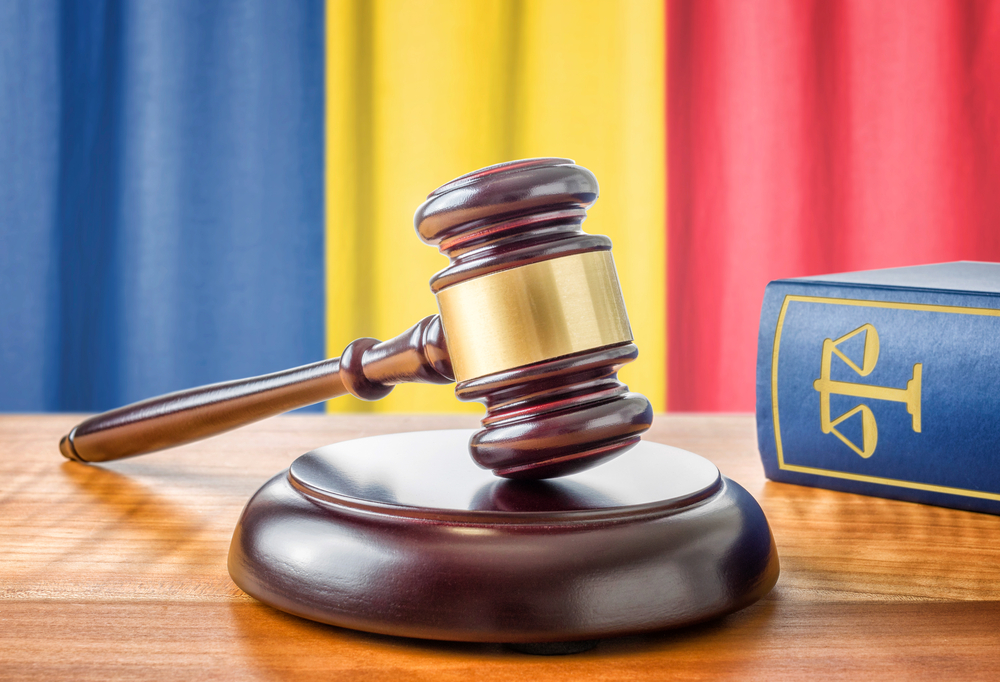Romania and the Effervescence of Criminal Justice
Posted: 1st August 2016 08:04
Romania has turned in recent years into a country in ferment due to massive white-collar crime involving prominent politicians and notorious businessmen. Such cases deal mostly with corruption and tax evasion issues and generate excessive media coverage, thus demolishing the concept of “untouchables”.Beside the classic cases of bribery and false accounting, some charges rely on situations at the edge of interpretation. Take, for example, the abuse of power, in the form of malfeasance in office – an offence assimilated to corruption offences. Although the concept of official misconduct exists in the Romanian Criminal Code since 1969, the judicial practice of the last years has expanded massively against such background, so that new faces of the same legal incrimination text come into attention. Even the concept of influence peddling has witnessed a lot of changes in the current application of the law. Another striking example – tax evasion: besides false accounting, there are many cases based on the reinterpretation of transactions recorded in a bookkeeping system, such transactions being often and easily considered fictitious schemes or a way to hide sources of taxable income.
In such conditions, the need of balance and predictability of the legal practice has become peremptory. Moreover, in February 2014 the New Criminal Code and Criminal Procedure Code were enacted and the enforcement of the new legal regulations have raised questions about the correct understanding and malfunctions in the application of the Codes. At the moment, the general perception is that the time has come to impose the law rapidly and to take precautionary measures as part of the antifraud arsenal. The force of example (e.g. preventive arrests) comes as an element for the prevention of corruption deeds and is eloquent for the “fall” of public figures. Still, there must be balance and full compliance with the individual freedoms, very much the same as the right to a fair trial must be observed.
On the other hand, problems at the crossroad between civil and criminal law constantly occur. Insolvency procedures are the best example hereto, with situations when criminal measures block the unfolding of such procedures and affect the rights of good-faith third parties.
Normally, such problems should balance and clear up. The New Criminal Procedure Code has unlocked new mechanisms for a correct interpretation of the law, aiming at a unitary judicial practice. In addition, the Constitutional Court of Romania revealed an increasing number of interpretative decisions by which a legal provision is found constitutional only in case its interpretation follows a certain already defined sense. During the last two years, over 25 decisions have been adopted for the correction of the Code, all substantiated on human rights. Consequently, if theoretically, the law itself has been amended repeatedly, so much the more the judiciary practice must actually ensure the observance of the fundamental rights when actually interpreting and applying the law.
Trapped in such a legislative web cob and given the wide scope of criminal trials, it is a certainty that actors of the business environment should resort to the advice of business crime attorneys or of tax advisors to avoid the risks deriving from the misinterpretation of the law.
However, as every coin has two sides, it is always important to see the bright side of every situation. The New Criminal Code provides for settlement as a ground of closing the case when it is about felonies usually associated with business relationship between private partners, e.g. fraud. Following negotiations, the damaged party has the opportunity to cash the damage and the defendant to get rid of the criminal liability.
During the last years, there has been an increase of awareness and sanctioning of crimes. Cases dealing with illegal obtaining of EU funds, money laundering or wire fraud have been severely punished, creating the premises for a more secured and transparent financial and business environment, in which sound businesses are allowed to thrive.
Corruption damaging fair competition in public procurement should be well shaken by notorious investigations and convictions. This is valid as a principle, as a noble purpose for the present and the future, but there are still random peculiar situations when serious defence arguments can be brought on the grounds of human rights.
The criminal justice in Romania today is more alive than ever. The business environment deals with new perspectives that arise and fights against the bad things threatening the wellbeing of its community. Nonetheless, even if questionable, the measures taken in the name of fight against fraud and corruption put human rights at the core of the law interpretation and enforcement.




Comments